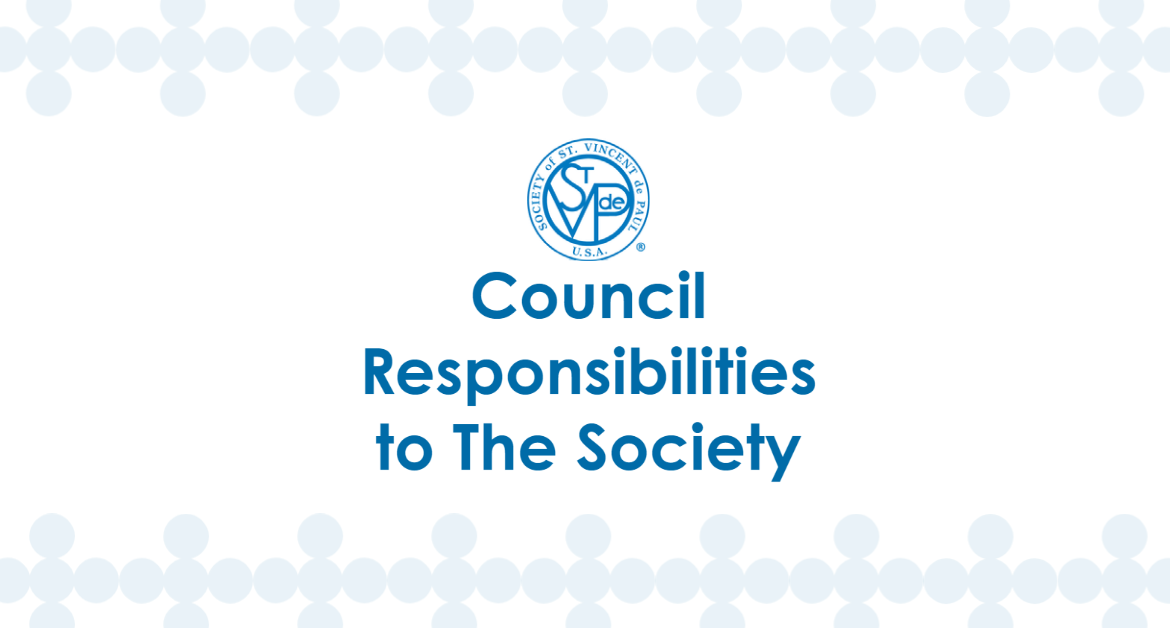Q: Who makes up the executive board of a Conference?
A: The vast majority of all Conferences use Bylaws document 1. Therefore, there is normally no executive board for Conferences. The Manual and Rule speak of a Conference board. This is not a formal Board of Directors. It is also not an executive board which has specific authority granted to it. The Conference board is simply the slate of officers (President, Vice President(s), Secretary, and Treasurer). They have no specific authority other than representation of the Conference and requirement to fulfill specific tasks. All decisions are made by the Active Members of the Conference as a whole.
However, if the Conference is incorporated separately (using Bylaws document 2 or 10), there may be legal requirements for a formal board of directors, and the word “Executive” is used for an Executive Committee, a governance subset of the Board. This board membership should be in the same manner as the non-incorporated Conference board unless specifically required otherwise by state nonprofit etc., laws.
Q: Can you give me some examples of how The Rule was changed several years ago in regard to more emphasis on spirituality?
A: In the old Rule and Manual, there were essentially less than a handful of mentions of spirituality. The second chapter in Part I addressed spirituality. The Rule also briefly indicates the need for a Spiritual Advisor. The Conference meeting agenda also included a spiritual reading and discussion. The Manual also had occasional mentions of spirituality.
In the new Rule, Part I has several Articles (2.1 through 2.6) specifically related to spirituality. Part I continues with additional articles spread throughout referencing our relationship to the Church and the Church’s social teachings. Part III addresses spirituality in the first four statutes and then liberally throughout the rest of Part III. The Manual devotes essentially the entire second half of the book to spirituality.
ESPAÑOL
P: ¿Quiénes conforman la Mesa Ejecutiva de una Conferencia?
R: La gran mayoría de las Conferencias utilizan el documento 1 de los Estatutos. Por lo tanto, normalmente no hay una Mesa Ejecutiva para las Conferencias. El Manual y el Reglamento hablan de un Conferencia con Mesa Directiva. Esta no es una Mesa Directiva formal. Tampoco es una Mesa Ejecutiva la que se le otorguen facultades específicas. La Mesa Directiva de la Conferencia es simplemente la lista de funcionarios (Presidente, Vicepresidente(s), Secretario y Tesorero). No tienen ninguna autoridad específica más allá de la representación de la Conferencia y el requisito de cumplir tareas específicas. Todas las decisiones son tomadas por los Miembros Activos de la Conferencia en su conjunto.
Sin embargo, si la Conferencia se incorpora por separado (utilizando el documento 2 o 10 de los Estatutos), puede haber requisitos legales para una Mesa Directiva formal, la palabra “Ejecutiva” se usa para un Comité Ejecutivo, un subconjunto de gobernanza de la Mesa Directiva. La membresía de la Mesa Ejecutiva debe ser de la misma manera que la Mesa Directiva de la Conferencia no incorporada, a menos que las leyes estatales sin fines de lucro, etc., exijan específicamente lo contrario.
P: ¿Puede darme algunos ejemplos de cómo se cambió La Regla hace varios años con respecto a un mayor énfasis en la espiritualidad?
R: En la antigua Regla y Manual, había esencialmente menos de un puñado de menciones de espiritualidad. El segundo capítulo de la primera parte abordó la espiritualidad. La Regla también indica brevemente la necesidad de un Consejero Espiritual. La agenda de la reunión de la Conferencia también incluyó una lectura espiritual y una discusión. El Manual también contenía menciones ocasionales a la espiritualidad.
En la nueva Regla, la Parte I tiene varios artículos (2.1 a 2.6) específicamente relacionados con la espiritualidad. La primera parte continúa con artículos adicionales que hacen referencia a nuestra relación con la Iglesia y las enseñanzas sociales de la Iglesia. La Parte III aborda la espiritualidad en los primeros cuatro estatutos y luego liberalmente en el resto de la Parte III. El Manual dedica esencialmente toda la segunda mitad del libro a la espiritualidad.



